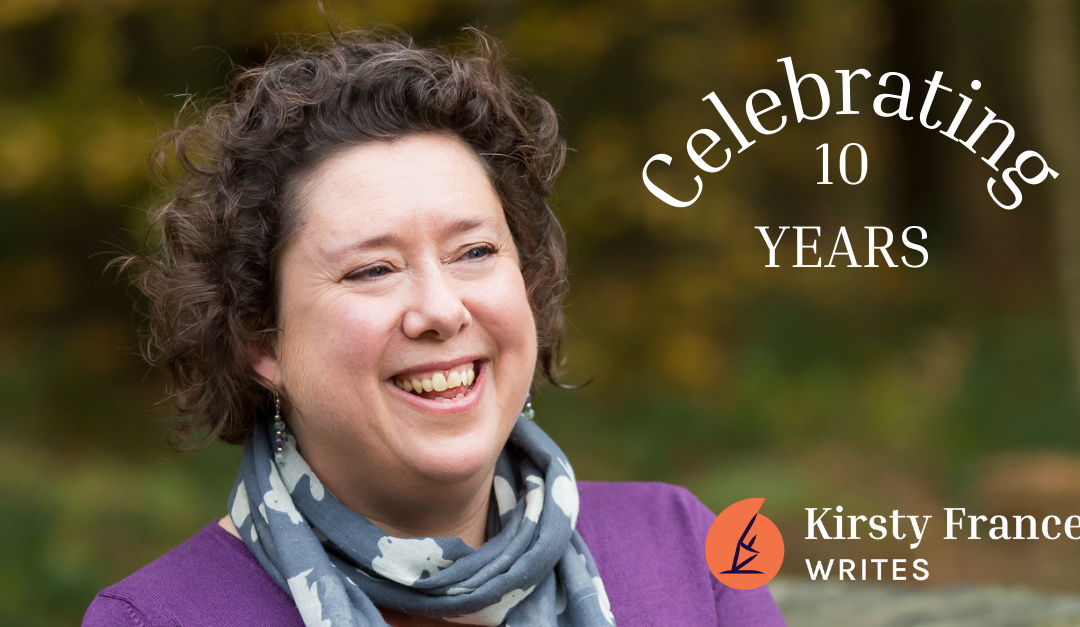
by admin | Feb 25, 2026 | storytelling
In 2015, I was working as a solicitor, had two young children and dreamt of making my living as a writer one day. At that point, I wanted to be an author and hadn’t considered copywriting as a potential option. By the beginning of 2016, I’d left my legal career...

by Kirsty France | Nov 17, 2025 | Guest blog, storytelling
In a world flooded with data, pitches, and product claims, it’s not the facts that people remember, it’s the stories. Storytelling is no longer a nice-to-have in business communication; it’s essential. Whether you’re pitching a product, building a brand, or...
by Kirsty France | Feb 3, 2025 | AI, branding, content strategy, content writing, copywriting, emotional marketing, storytelling
The subtitle for this could be ‘What I learned from having a pigeon down my chimney’. Yes, you read that right and of course, I’ll get to the story later. The real point of this post is to ask whether AI can help you tell a good story in your business or if you might...
by Kirsty France | Sep 30, 2024 | blog writing, content marketing, content writing, copywriting, emotional marketing, marketing, storytelling, writing
Once upon a time, our ancestors gathered around fires to tell stories that kept them alive. It bonded the tribe so they’d all look after each other and know to watch out for that scary-looking tiger that came ‘this close’ to eating the storyteller....
by Kirsty France | Dec 20, 2022 | Christmas, short story, storytelling
Photo by Emma Bauso: https://www.pexels.com/photo/person-wearing-black-boots-3585819/ Mary watched the fields flash past her window in a green blur as Sam steered the car along the narrow country road. They’d only just left the M1, but she already felt like they were...
by Kirsty France | Jun 21, 2022 | business life, storytelling, work life balance
When I first started my business, one of the main reasons was the flexibility it gave me. When I was a solicitor there was a flexi-time policy and I changed to part-time working to give me more time with the kids but I was still basically working a 9-5. I couldn’t...




